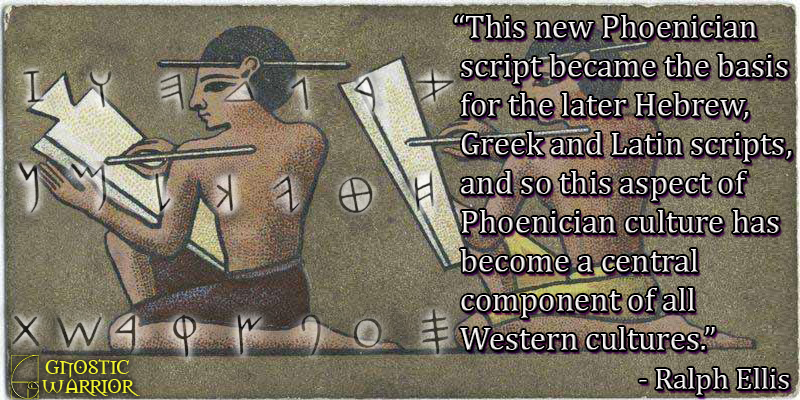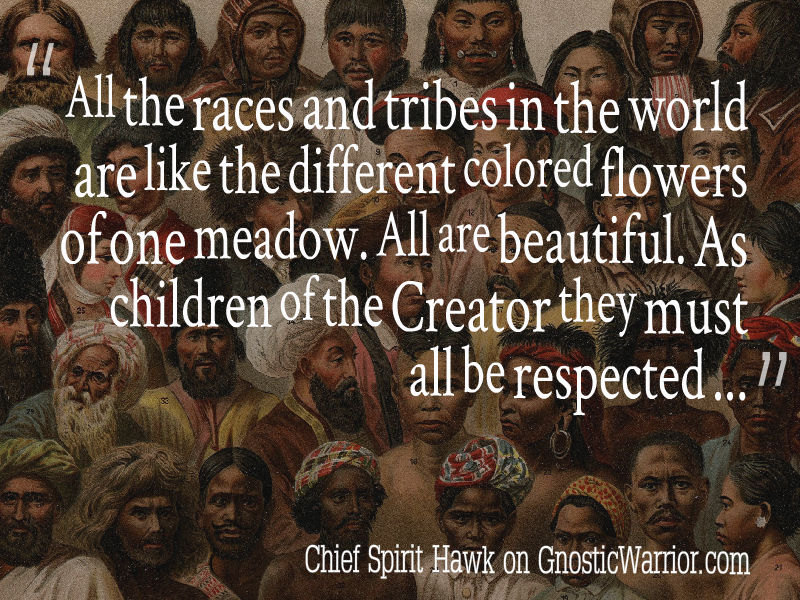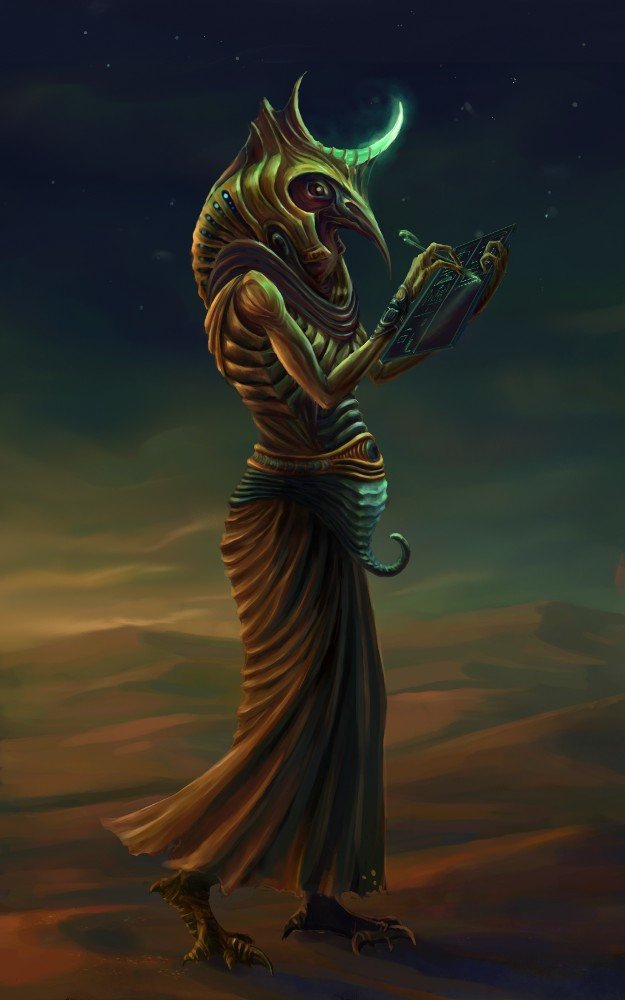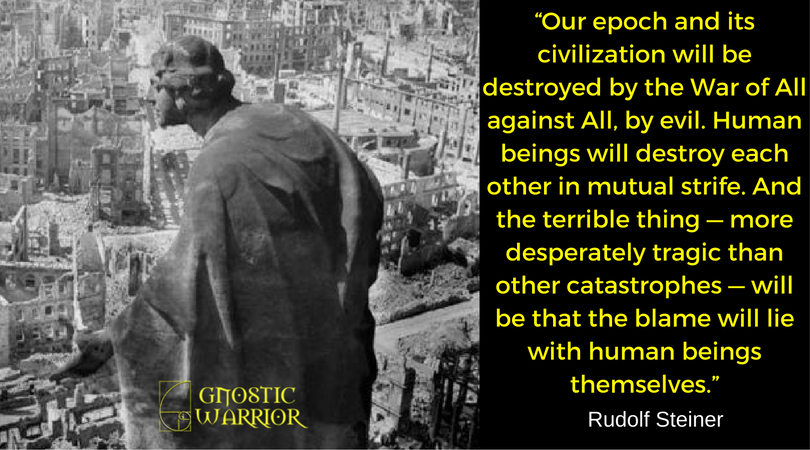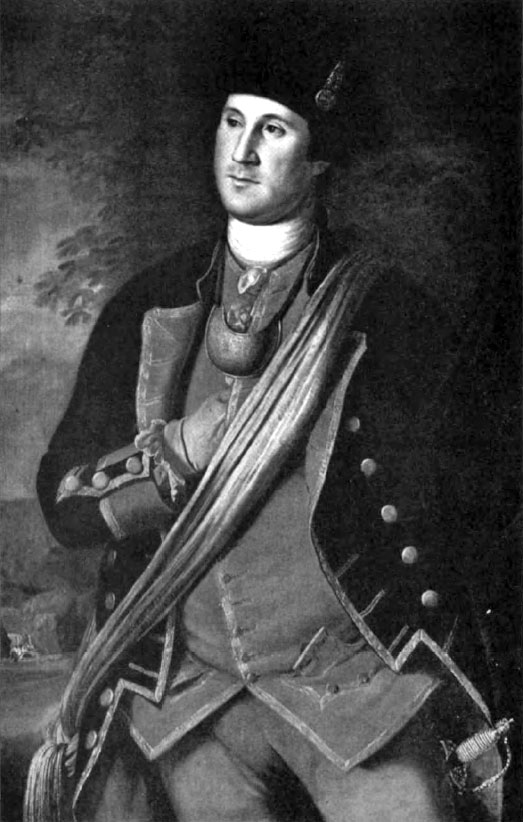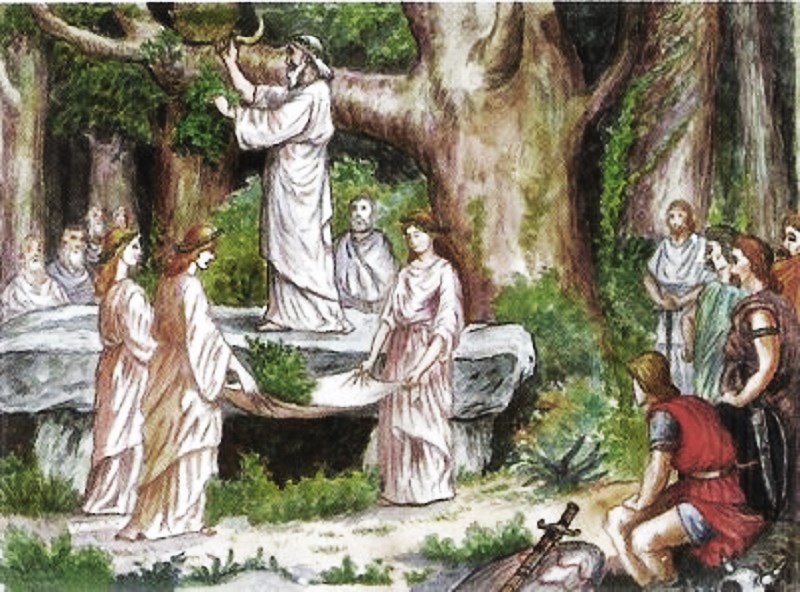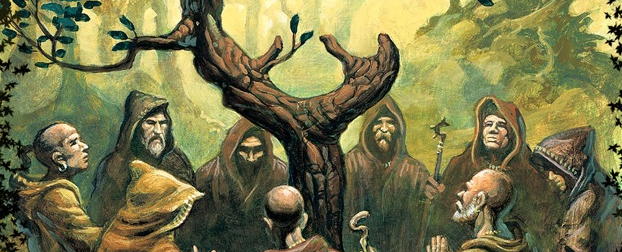(Source: Nature.com) – The study, by an eminent Middle Eastern geneticist, found that a common genetic signature — 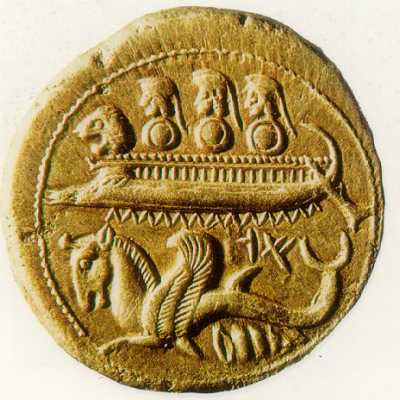 identified as that of the Phoenicians — is present in up to 30% of males spread across Lebanon’s disparate communities.
identified as that of the Phoenicians — is present in up to 30% of males spread across Lebanon’s disparate communities.
Pierre Zalloua, who led the study, said the study’s message was positive, but that it had to be delivered forcefully in a country where the idea of common ancestry is regarded with long-held prejudice and mistrust: “I had to hit [the message] right on the head. Phoenician is a heritage for all.”
Zalloua is renowned for identifying the genetic signature of the Phoenicians, a seafaring people who inhabited the coastline of what is now modern Lebanon in the first millennium BCE.
Like many of his population genetics, Zalloua’s latest work used the Y-chromosome, which usually has no opportunity to merge DNA with other chromosomes between generations. This allows the historic movement of human populations’ to be traced by clustering variations in the DNA sequence of the Y-chromosome and observing their distribution in modern populations.
Using this technique, Zalloua’s team discovered that the Phoenician signature is still carried by 6% of males in populations around the Mediterranean and remains in 30% of males in the area where the Phoenician civilization existed.
He says that the results show that the bulk of genetic differentiation in Lebanon appears to have occurred before the rise of the religions that now mark the divisions within the country.
“The way I see it,” Zalloua says, “Lebanon already had well-differentiated communities with their own genetic peculiarities, but not significant differences, and religions came as layers of paint on top.”
“There is no distinct pattern that shows that one community carries significantly more Phoenician than another.”

Moe is the founder of GnosticWarrior.com. He is a father, husband, author, martial arts black belt, and an expert in Gnosticism, the occult, and esotericism.


